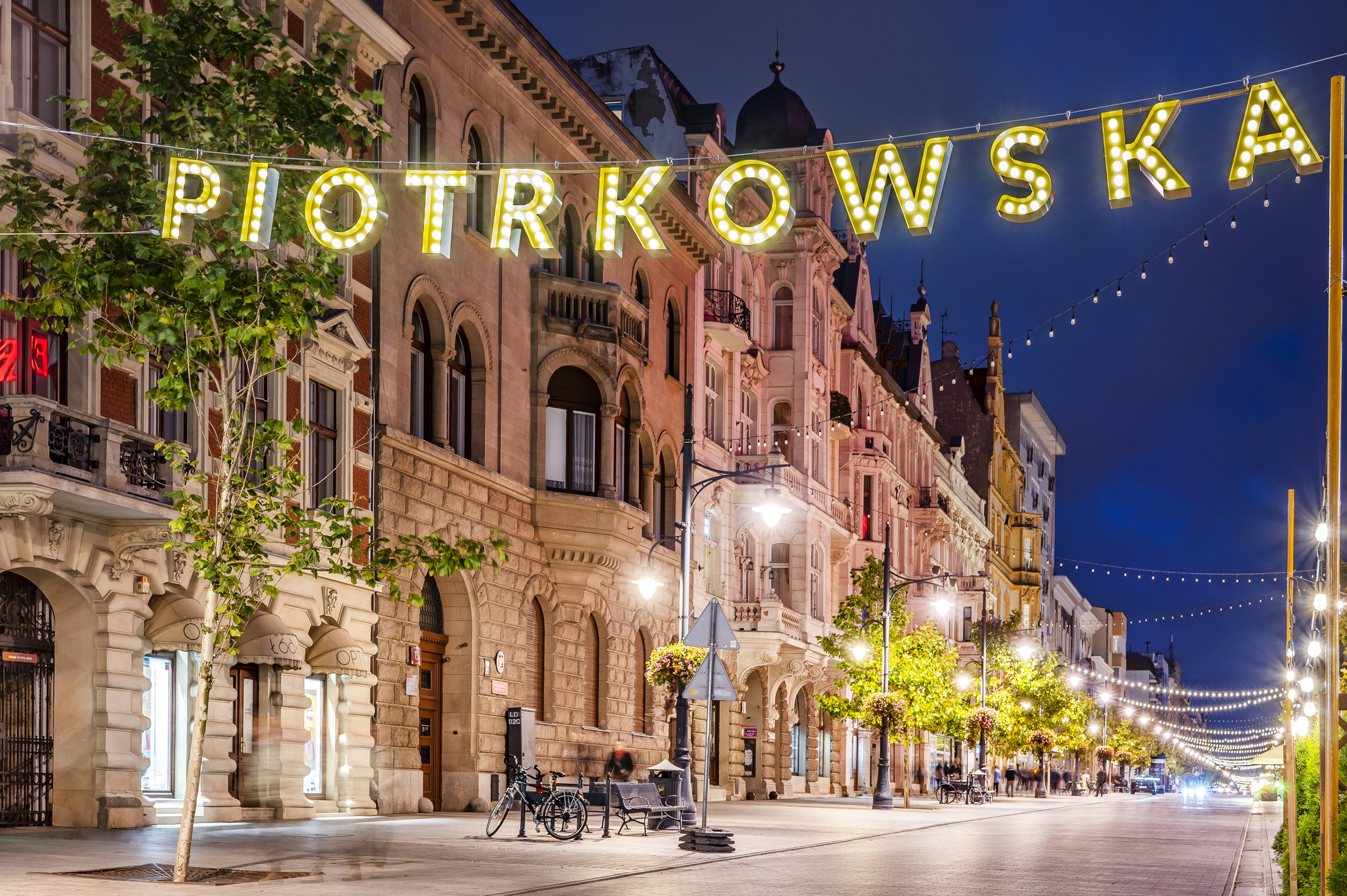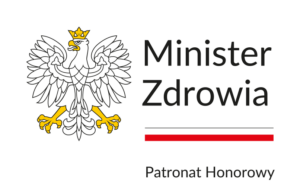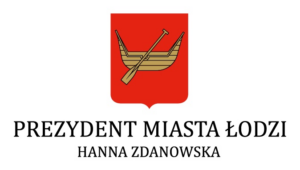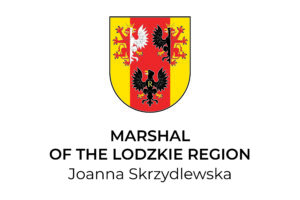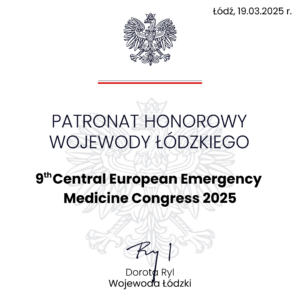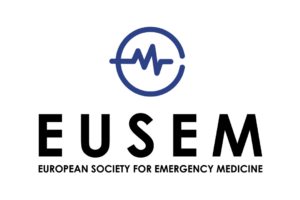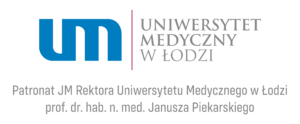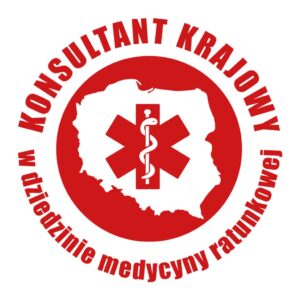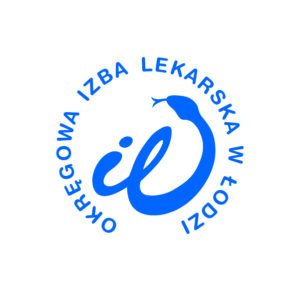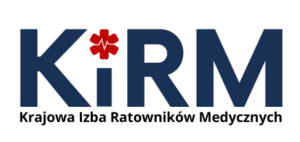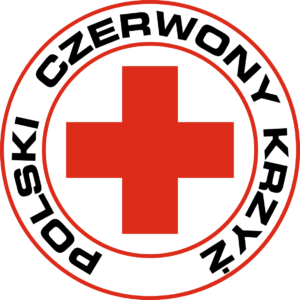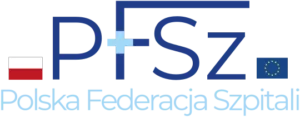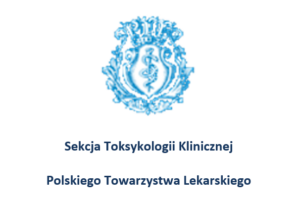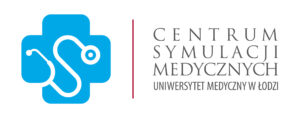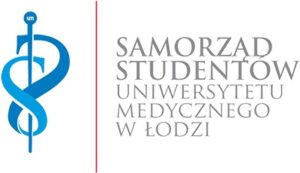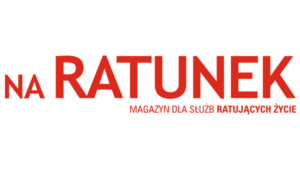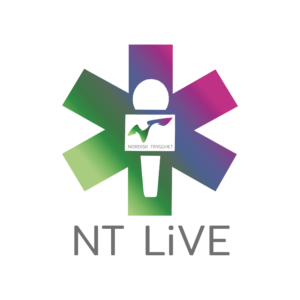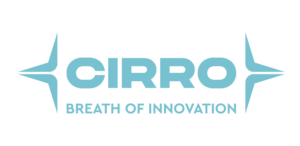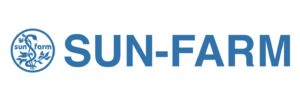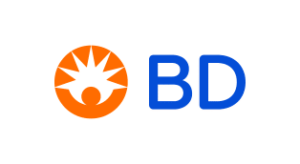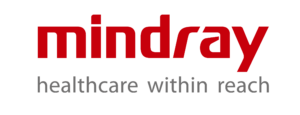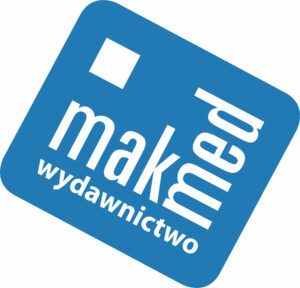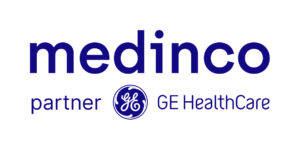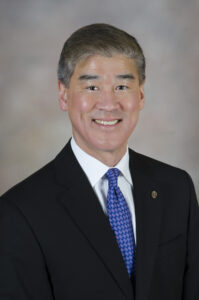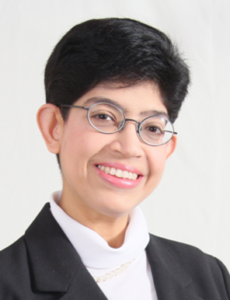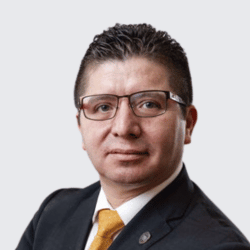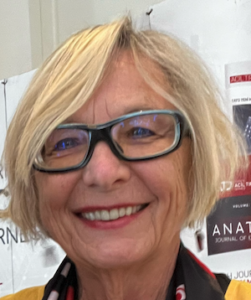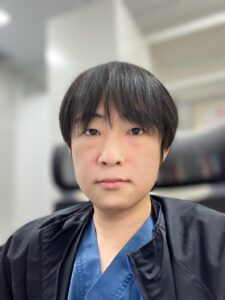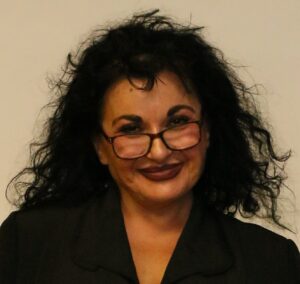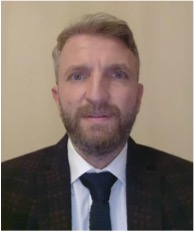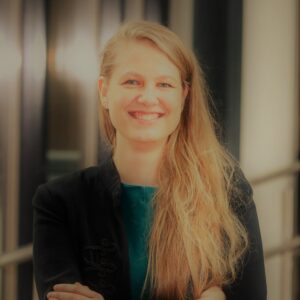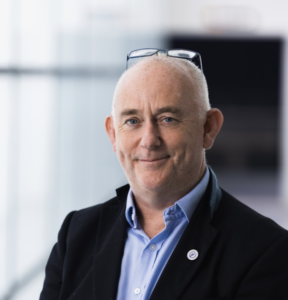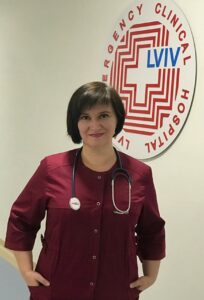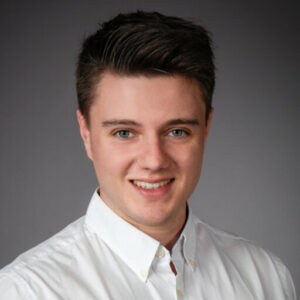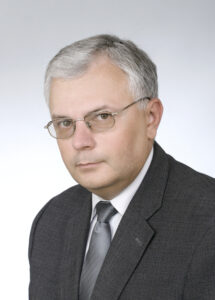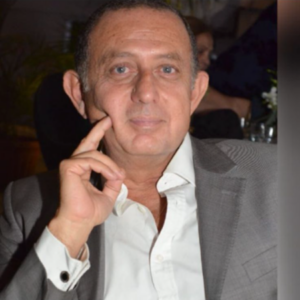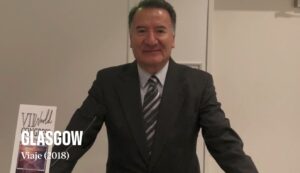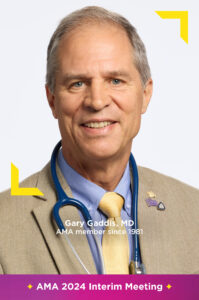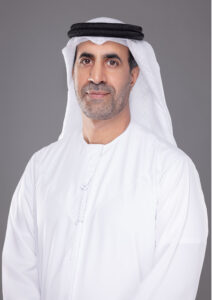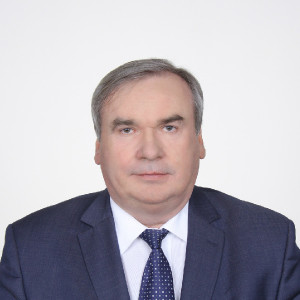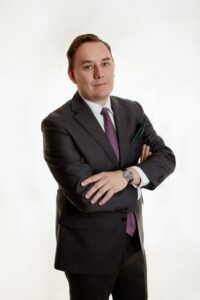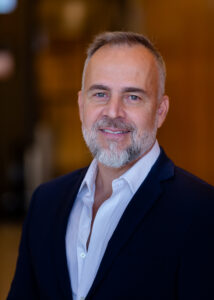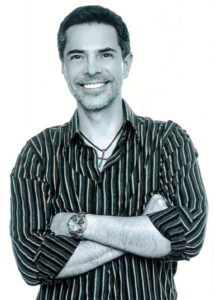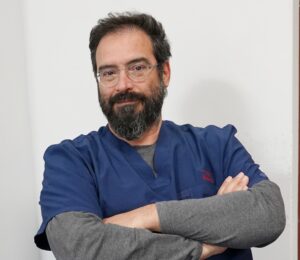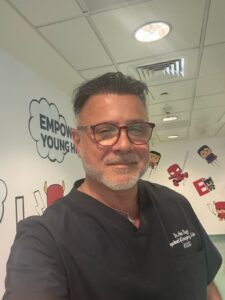Saturday — April 12, 2025
- Session 1A : MASS CASUALTY — DISASTER MEDICINE 8:00 am – 9:55 am
- Session 2A : PREHOSPITAL (EMS and HEMS) 10:05 am – 12:00 pm
- Session 3A : BLEEDING SESSION 12:10 am – 1:05 pm
- Session 4A : CLINICAL SESSION Part one 2:00 pm – 3:40 pm
- Session 5A : CRITICAL AND INTENSIVE CARE IN THE EMERGENCY MEDICINE 3:50 pm – 5:50 pm
- Session 6A : END-OF-LIFE CARE/COMFORT CARE 5:50 pm – 6:30 pm
- SPECIAL DISCUSSION 6:30 pm – 6:50 pm
Sunday — April 13, 2025
- SESSION 1A : MANAGEMENT 8:00 am – 9:30 am
- SESSION 2A : INNOVATION AND RESEARCH 9:40 am – 11:10 am
- SESSION 3A : AI SESSION 11:20 am – 12:50 am
- SESSION 4A : LEGISLATION and LAW (Only in Polish Language) 1:00 pm – 2:00 pm
- SESSION 5A : END-OF-LIFE CARE/COMFORT CARE 2:10 pm – 3:00 pm
- SESSION 6A : VARIA 3:45 pm – 5:20 pm
Saturday — April 12, 2025 — Sessions of West Aula
8:00 am – 6:50 pm
Session 1A : MASS CASUALTY — DISASTER MEDICINE 8:00 am – 9:55 am
Moderators:
- Prof. Mehmet Akif Karamercan (Türkiye)
- Dr Carlos Garcia Rosas (Mexico)
- Prof. Amin Antoine Kazzi (Lebanon)
- Marcin Chlabicz MD PhD (Poland)
- What we have learned from the largest earthquake in Turkey/Türkiye Mehmet Akif Karamercan MD Profesor of Emergency Medicine (Türkiye)
- Dealing with Earthquake experience from Mexico (Tips and tricks) Carlos Garcia Rosas MD (Mexico)
- Mass Casualty Management — ED Lesson learned in Beirut (part 1) Prof. Amin Antoine Kazzi (President the Lebanese Society of Emergency Medicine)
- Mass evacuation of children with oncological diseases at the beginning of the war in Ukraine — Operation Safer Ukraine Paweł Kukiz-Szczuciński MD (Poland)
- Emergency hospital evacuation — flood 2024 in Poland Małgorzata Florczak (Opole, Poland)
Discussion 9:40 am – 9:55 am
Coffee Break 9:55 am – 10:05 am
Session 2A : PREHOSPITAL (EMS and HEMS) 10:05 am – 12:00 pm
Moderators:
- Dr Konrad Matyja (Poland)
- Assoc. Prof. Klaudiusz Nadolny (Poland)
- Crew Resource Management from Polish Air Ambulance perspective Michał Sobczyk MD (Poland)
- Lazarus syndrome Konrad Matyja MD (Poland)
- HEMS during the flood in southern Poland in September 2024 Przemysław Barczentewicz BA (Poland)
- Training methods for emergency hysterotomy in HEMS Łukasz Skorupa MD (Poland)
- Out of hospital sudden cardiac arrest in Poland Assoc. Prof. Klaudiusz Nadolny (Katowice, Poland)
- Analysis of triage systems in Poland Anna Ingielewicz MD (Gdańsk, Poland)
- Paramedics problems in providing pre-hospital medical assistance to a severe burn patient Leszek Marzec MD (Poland)
Discussion 11:50 am – 12:00 pm
Coffee Break 12:00 pm – 12:10 pm
Session 3A : BLEEDING SESSION 12:10 am – 1:05 pm
Moderators:
- Prof. Jerzy Robert Ładny (Białystok, Poland)
- Dr Elżbieta Nowacka (Warsaw, Poland)
- Obstetric haemorhage — Polish experience Elżbieta Nowacka MD PhD (Warsaw Medical University, Poland)
- Eligibility for treatment with Ondexxya in patients taking apixaban or rivaroxaban who have had life-threatening bleeding (pol. Kwalifikacja do leczenia preparatem Ondexxya pacjentów przyjmujących apiksaban lub rywaroksaban, u których wystąpiło krwawienie zagrażające życiu) Prof. Robert Jerzy Ładny (Białystok, Poland)
- Haemorrhagic stroke in ED — a lot depends on us Jacek Szypenbejl MD PhD (Gdańsk, Poland)
- Thrombotic microangiopathies: a challenge for Emergency Medicine Prof. Michał Nowicki (sponsored by AstraZeneca Pharma Poland Sp. z o.o.)
Discussion 12:55 pm – 1:05 pm
Lunch Break 1:05 pm – 2:00 pm
Session 4A : CLINICAL SESSION Part one 2:00 pm – 3:40 pm
Moderators:
- Prof. Yosuke Matsumura (Japan)
- Prof. Dominik Strzelecki (Poland)
- Prof. Gary Gaddis (USA)
- Endovascular resuscitation in hybrid ER – REBOA, ECMO, embolization in hybrid ER Prof. Yosuke Matsumura (Japan)
- Bordeline Disorders at the Emergency Department Prof. Dominik Strzelecki (Lodz, Poland)
- Nasal High FLow Oxygen Therapy in Emergency Department Prof. Mariusz Sieminski (Gdańsk, Poland) (sponsored by Fisher & Paykel Healthcare Poland Sp. z o.o.)
- How AI may be expected to influence the practice of emergency medicine Prof. Gary Gaddis (USA)
- Non-invasive respiratory support in the emergency room – clinical cases Michał Dworzyński MD (Lodz, Poland) (sponsored by Cirro Sp. z o.o.)
Discussion 3:30 pm – 3:40 pm
Coffee break 3:40 pm – 3:50 pm
Session 5A : CRITICAL AND INTENSIVE CARE IN THE EMERGENCY MEDICINE 3:50 pm – 5:50 pm
Moderators:
- Prof. Juliusz Jakubaszko (Past president of PTMR, Poland)
- Prof. Adam Nogalski (Past president of PTMR, Poland)
- Why is it worth using Nasal High Flow Therapy for rapid respiratory stabilization of a patient in the Emergency Department, and even in the pre-hospital care? Prof. Szymon Skoczyński (Poland) (sponsored by Fisher & Paykel Healthcare Poland Sp. z o.o.)
- Effective nebulization in prehospital and hospital settings — key aspects of therapy for patients at home, during transport and in the emergency department (pol. Skuteczna nebulizacja w warunkach przedszpitalnych i szpitalnych — kluczowe aspekty terapii u pacjenta w domu, podczas transportu i na SOR) Marta Szafraniec (sponsored by Cirro Sp. z o.o.)
- Degloving injuries — tips for emergency medicine physicians Anna Kasielska-Trojan (Lodz, Poland)
- How to improve treatment outcomes for patients with combat trauma of major blood vessels Konstanty Lonski (Vinnitsa, Ukraine)
- Hitting the right ke(y)tone measurements – what, why and when? Dr Marcin Pacek (Cormay Diagnosis)
Discussion 5:40 pm – 5:50 pm
Session 6A : END-OF-LIFE CARE/COMFORT CARE 5:50 pm – 6:30 pm
Moderators:
- Prof. Monica Gaddis (USA)
- Prof. Judith Tintinalli (USA)
- Assoc. Prof. Dariusz Timler (Poland)
- Is gasping a problem for healthcare professionals? Ewelina Szymczak MD (Lodz, Poland)
- A Rare Case of Initial Diagnosis of Ewing’s Sarcoma in the Emergency Department Adam Macech MD (Warsaw, Poland)
- End of Life Care in Poland Assoc. Prof. Dariusz Timler MD PhD (Department of Emergency Medicine, Medical University of Lodz, Poland)
Discussion 6:20 pm – 6:30 pm
SPECIAL DISCUSSION 6:30 pm – 6:50 pm
Discussion with experts: Prof. Jerzy Robert Ładny, dr hab. Klaudiusz Nadolny, Prof. Michał Nowicki (sponsored by AstraZeneca Pharma Poland Sp. z o.o.)
Sunday — April 13, 2025 — Sessions of West Aula
8:00 am – 5:20 pm
SESSION 1A : MANAGEMENT 8:00 am – 9:30 am
Moderators:
- Rakesh Jalali MD (Vice President of PTMR, Medical University of Olsztyn, Poland)
- Prof. Jarosław Berent (Lodz, Poland)
- Assoc. Prof. Grzegorz Cebula (Kraków, Poland)
- Five tips to facilitate team communication Assoc. Prof. Grzegorz Cebula (Kraków, Poland)
- Principles of the prehospital treatment of an agitated patient Anna Smędra MD PhD, prof. Jarosław Berent (Lodz, Poland)
- Can ED be profitable? Accounting in Emergency Department Prof. Mariusz Siemiński (Gdańsk, Poland)
- Stroke treatment in the emergency room Jesús Daniel Lopez Tapia (Mexico)
Discussion 9:20 am – 9:30 am
Coffee Break 9:30 am – 9:40 am
SESSION 2A : INNOVATION AND RESEARCH 9:40 am – 11:10 am
Moderators:
- Prof. Yosuke Matsumura (Chibo University, Japan)
- Dimitrios Tsiftsis MD (President of Society, Greece)
- Endovascular therapy in severe trauma patients Prof. Yosuke Matsumura (Chibo University, Japan)
- Antiarrhythmic drugs used in Emergency Medical Teams Michał Kucap BCs PhD
- Setting up an Emergency Department. The prerequisites of the Greek Ministry of Health Dimitrios Tsiftsis MD (Greece)
- Military-Civilian Trauma System Integration in Europe: Challenges, Opportunities and Future Strategies for Emergency Preparedness dr hab. Katarzyna Naylor prof. UM (Poland)
Discussion 11:00 am – 11:10 am
Coffee Break 11:10 am – 11:20 am
SESSION 3A : AI SESSION 11:20 am – 12:50 am
Moderators:
- Prof. Remigiusz Kozłowski (Medical University of Lodz, Poland)
- Prof. Tomasz Hermanowski (President of PTEZ; Warsaw University, Poland)
- Literature Updates in Artificial Intelligence Prof. Gary Gaddis (USA)
- AI in ED – can it replace the physician? Robert Krion MD PhD MBA (Gdańsk, Poland)
- What will AI hear during resuscitation? AI-Driven Analysis of Voice Communication Quality in ALS Teams During Resuscitation Piotr Pałczyński MD (Poland)
- Comparison of the effectiveness of selected medical segregation systems – a new tool ten second triage vs. Start Paweł Gawłowski MD, MBA
Discussion 12:40 pm – 12:50 pm
Coffee Break 12:50 pm – 1:00 pm
SESSION 4A : LEGISLATION and LAW (Only in Polish Language) 1:00 pm – 2:00 pm
Moderators:
- Rafał Kubiak (Medical University of Lodz, Poland)
- Małgorzata Serwach (Medical University of Lodz, Poland)
- Odpowiedzialność karna za skutki medycznego błędu organizacyjnego (ang.: Criminal liability for the consequences of a medical organizational error) Dyrektor Centrum Egzaminów Medycznych dr hab. n. praw. Rafał Kubiak
- Personel medyczny w relacjach z pacjentem I jego rodziną – jak uchronić się przed roszczeniami (ang.: Medical personnel in relations with the patient and his family – how to protect yourself from claims) Assoc. Prof. Małgorzata Serwach (Medical University of Lodz, Poland)
Discussion 1:50 pm – 2:00 pm
Coffee Break 2:00 pm – 2:10 pm
SESSION 5A : END-OF-LIFE CARE/COMFORT CARE 2:10 pm – 3:00 pm
Moderators:
- Assoc. Prof. Dariusz Timler (Department of Emergency Medicine, Medical University of Lodz, Poland)
- Dr hab. n. prawn. Maria Boratyńska (Katedra Prawa Cywilnego Uniwersytet Warszawski, Poland)
- Does a Polish Catholic view the Do Not Resusscitation will statement differently? Assoc. Prof. Dariusz Timler (Medical University of Lodz, Poland)
- Futile therapy in the Code of Medical Ethics – the significance of the changes (pol.: Terapia daremna w Kodeksie Etyki Lekarskiej – znaczenie zmian) Dr hab. n. prawn. Maria Boratyńska (Katedra Prawa Cywilnego Uniwersytet Warszawski, Poland)
Discussion 2:50 pm – 3:00 pm
Lunch Break 3:00 pm – 3:45 pm
SESSION 6A : VARIA 3:45 pm – 5:20 pm
Moderators:
- Prof. Amin Antoine (Lebanon)
- Anna Kosterkiewicz BSc (Poland)
- Ewelina Szymczak MD (Poland)
- Mass Casualty Management — ED Lesson learned in Beirut (part 2) Prof. Amin Antoine Kazzi (President the Lebanese Society of Emergency Medicine) 3:45 pm – 4:40 pm
- Coordination of EMT teams in Gaza strip during the current armed conflict. Cooperation between WHO and UCPM (Union Civil Protection Mechanism) Anna Kosterkiewicz BSc (Poland) 4:40 pm – 5:00 pm
- ED overcrowding and boarding Maria Aini MD (USA) 5:00 pm – 5:20 pm
